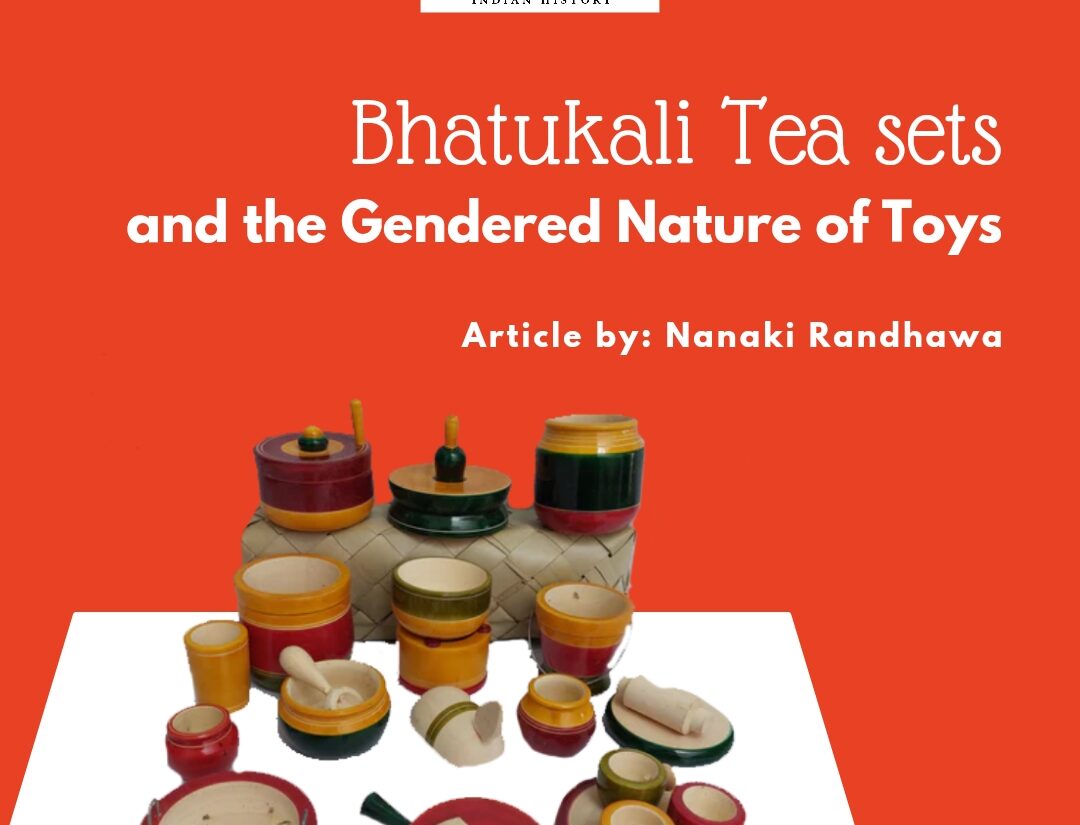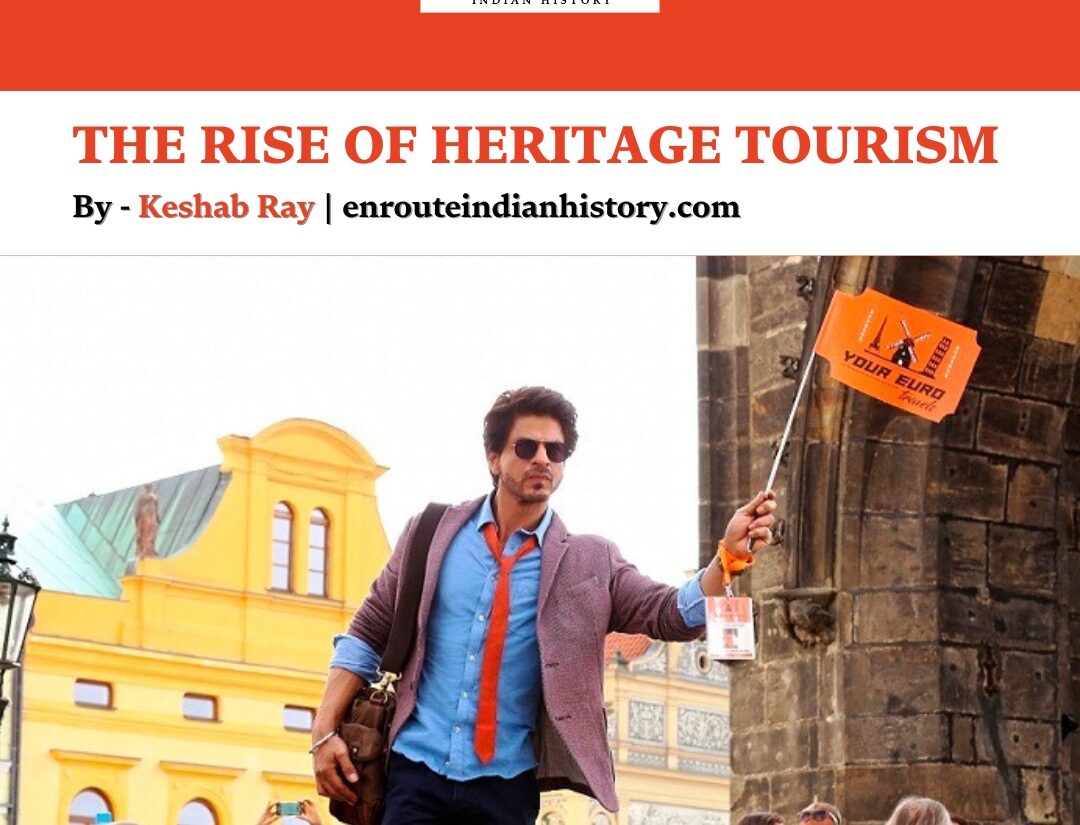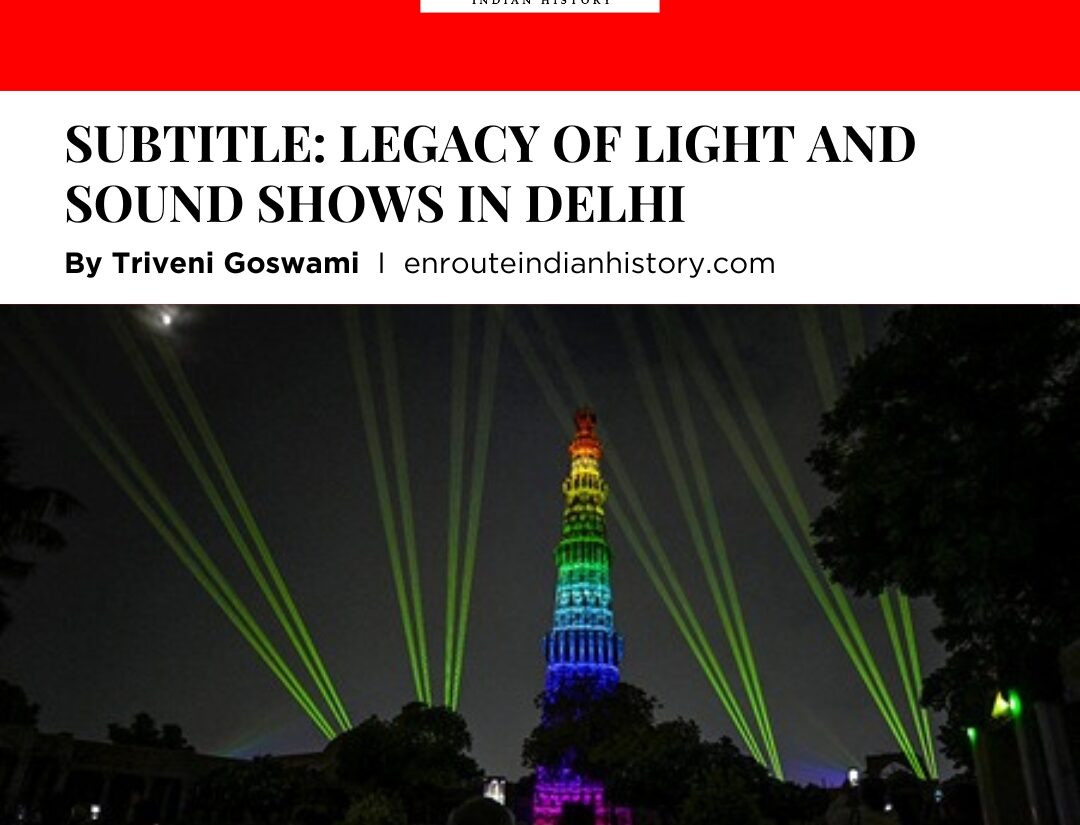
In the heart of Maharashtra’s cultural tapestry lies a cherished tradition that transcends generations – Bhatukali toys. A symphony of creativity, culture, and craftsmanship, Bhatukali toys have graced the hands of children for centuries, imparting joy and invaluable life lessons. But Bhatukali is more than that, it is an art form. A qala passed through generations, these toys are made using copper, bronze, silver, stone and clay. The toys are beautified using decorative colours sourced from natural dyes. Bhatukali toys, with their intricate detailing and captivating charm, often draw inspiration from the everyday world of household items, including an array of kitchen articles and utensils. These handcrafted treasures also encompass a delightful assortment of figurines and dolls, each one weaving a captivating tale that mirrors the tapestry of rural life, mythology, and everyday scenes in Maharashtra. With meticulous craftsmanship, these toys serve as windows into the past, embodying the essence of a bygone era while resonating with the present.

Brass Bhatukali Set – Studio Coppre
The artistry behind Bhatukali toys, known as Bhatukali Shilpakala, is a testament to the dedication and skill of the artisans who breathe life into each creation. The process involves a meticulous dance of hands and imagination, requiring intensive training to master the techniques that yield such intricate designs. It’s a labour of love that demands an eye for detail and a deep appreciation for the culture and traditions that these toys represent. Each meticulously crafted piece serves as a captivating time capsule, encapsulating the very spirit of a vibrant society and extending an evocative glimpse into the lives of generations long past. Moreover, the collection of these toys assumes a dual role, not only as cherished artefacts but also as esteemed status symbols within Maharashtrian households.
TOYS AND GENDER
Dating back nearly four centuries, the inception of these treasures holds historical significance as they were initially conceived as a means of nurturing young girls in the art of homemaking, imparting essential skills. One of the oldest forms of division, gender, was a key component in toy making. Interestingly, this trend still holds heavy relevance in today’s world. As a woman, in my reminiscence of childhood, I remember a clear trend among the toys I was gifted and even preferred. While I would be given jewellery and kitchen sets much like those we just discussed, my brother received miniature cars and Lego sets. This typification of toys allows the notions of patriarchy to be instilled at a young age. The concept of women being homemakers is carried on like a lineage, while men are seen as more outgoing and aggressive. In a study conducted by Judith Elaine Blakemore, a professor of psychology at Purdue University in Ford Wayne, Indiana, it was noticed that toys designed for boys inculcated cognitive, academic and artistic skills, far more than those made for girls. The agenda pushed by the latter was centred around beauty and domestic labour. Take Barbie for instance. The Mattel product on the surface presents a doll that can be anything but the productive use of the same remains limited, it’s a doll. The most one can do is dress up their Barbie and set up her dream house. On the contrary, toys like remote control cars and hot wheels track sets are substantial. They help develop motor skills, spatial awareness, and more. Blakemore also talks about the aggression of a few toys centred around men, for example, toy guns.
Such activity and stereotyping of toys are detrimental. Gendered toys can be problematic as they reinforce stereotypes and limit children’s opportunities for exploration and growth. By categorising toys as “for boys” or “for girls,” we inadvertently send the message that certain interests and abilities are tied to specific genders. This can hinder a child’s development of well-rounded skills and interests, and perpetuate the idea that certain fields or activities are off-limits based on gender. Kitchen sets and dolls can help generate a sense of organisation, self-sustenance and empathy. By discouraging a male child from partaking in the same, you rob them of essential skills. The same is true the other way around. In a world that is fast moving towards expanding the confines of gender, we must reassess what we teach our children first.
So what does that mean in the context of Bhatukali toys?
BHATUKALI ART AND PRESERVATION
Indian toys are a source of heritage. The practices and art forms used to create them are unique and intricate. Thus, we must preserve them. But that doesn’t mean we ignore the blatant misogyny hidden in between. Bhatukali sets are beautiful and a true joy to play with and so every child should have the opportunity to do so. It’s time we create new traditions and evolve the old.

A look at Maharashtra’s Bhatukali miniature utensils – Times of India, 2021
Bhatukali, a sentimental embodiment of nostalgia, evokes a sense of wistful reminiscence for those fortunate enough to have revealed its timeless charm. In a valiant bid to immortalise this sentiment, Vilas Narayan, an individual of vision and heart, embarked on an endeavour in 1990. This endeavour resulted in the birth of a remarkable collection titled “Aajichi Bhatukali,” which aptly translates to “Grandmother’s Kitchenware.” This collection stands as a monumental tribute, a sanctuary of memories where Bhatukali toys have found their haven. Nestled within Pune, this collection stands not only as the largest repository of these cherished artefacts but as an invaluable testimony to an era gone by. In recognition of its grandeur, the 2003 Limca Book of Records adorned it with the distinguished title “Bhatukali Cha Sansar” – a world of Bhatukali. The collection encompasses an eclectic array of items, from the Thakki, the wooden doll, to the Bamba, the water heater, and beyond. As a guardian of this cultural treasure, Vilas Narayan, now a venerable figure, dedicates himself to its preservation. Regularly tending to each piece, he breathes life back into these diminutive treasures every two months. The displays, a living tableau, invite us into a world where miniature figures of women engage in everyday household tasks, utilising these enchanting toy utensils as their tools.
These toys, rooted in Indian tradition, emphasise the importance of imaginative and open-ended play that encourages cognitive, social, and emotional growth. By focusing on creative expression and unhindered exploration, Bhatukali toys provide a valuable alternative to the often rigid offerings in today’s toy market. It’s the perfect way to encourage our children, no matter what gender, to learn and grow.
REFERENCES –
- Verma, Devansh. “Are we teaching gender roles to children through toys?” Winn, 2017.
- Deb, Rishab. “Makers of Bhatukali miniature utensils urge people to preserve its tradition.” Times of India, 2020.
- Kondala, Nathan V. “Bhatukali a toy tradition.” Just History, 2018.
- Blakemore, Judith Elaine. “Gender Roles and Toys: Does Stereotyping Play a Part?” *Childhood Education*, vol. 76, no. 5, 2000, pp. 322-325.
- May 15, 2024
- 6 Min Read























